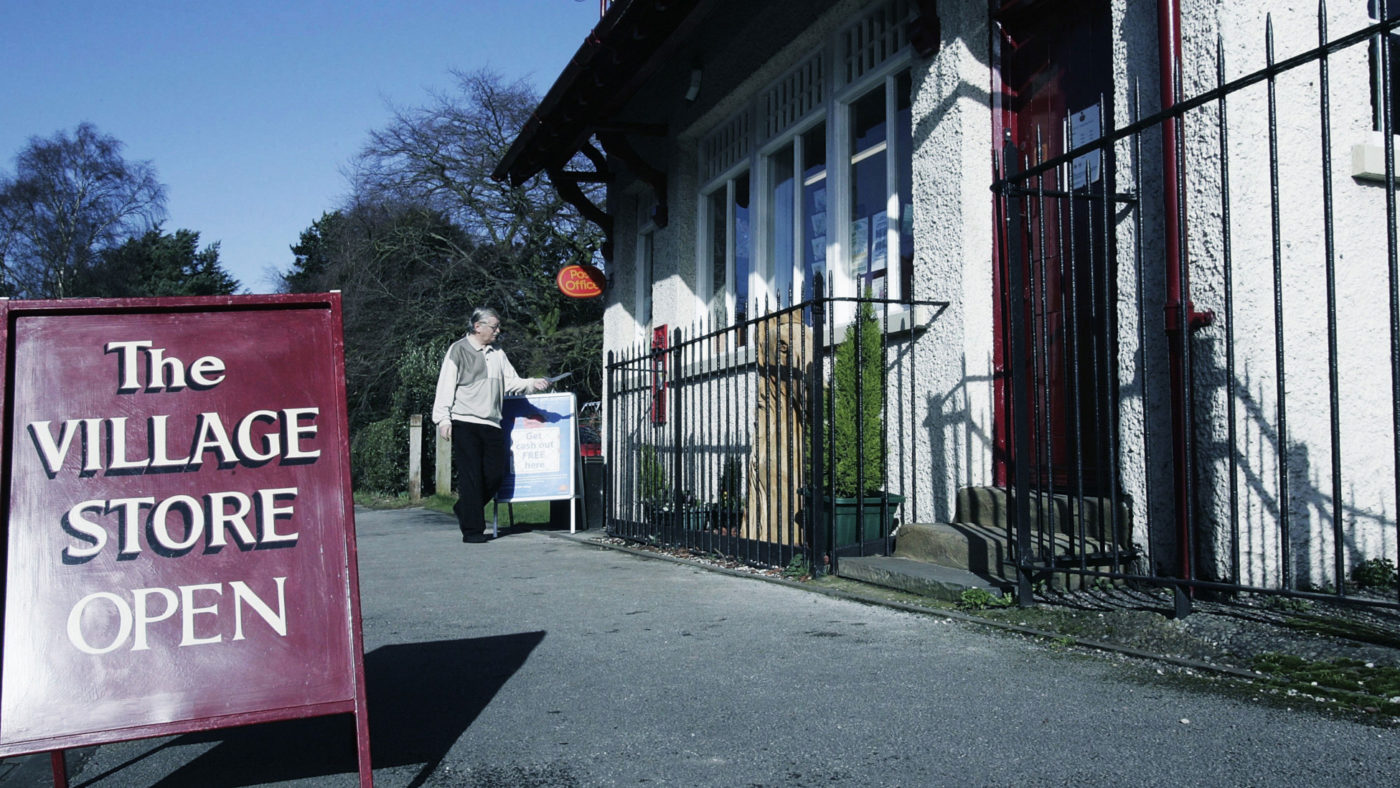There is a growing campaign to “shop local”, grounded in the idea that it is more virtuous to buy from an independent shop around the corner than it is to purchase from a multinational or chain. The protest appeals to a nostalgia for community, yet when considered for more than two minutes is clearly problematic.
Some time ago there was a photograph doing the rounds on social media, which showed a chalked sign outside a local shop, bearing the message: “When you buy from a small business, you’re not helping a CEO buy a 3rd holiday home. You’re helping a little girl get dance lessons, a little boy his team jersey, Mams & Dads put food on the table. SHOP LOCAL.”
But the logic in the sign is flawed. First, because when you buy from a large company run by a CEO with a third holiday home, that company is employing hundreds, maybe thousands, of “mams and dads” sending their children to ballet lessons or sports games.
Secondly, when you shop locally you are buying from the CEO’s company anyway, but just through a middle-man. The local shop does not make its sandwich bread from wheat from its own fields, filled with ham sliced from the pig reared out back, its coffee with beans grown in the attic, or sell artisanal gold jewellery mined from the high street. The local shop owner is embedded in the multinational ecology and cannot escape that.
But the campaign to “shop local” is revealing of a deeper and far-reaching trend: the lapse of the belief that profit has any virtue in and of itself, the suspicion that somehow capitalism is wrong.
This is quite a fundamental shift on the high street: from shops run as businesses in which families and owners can make money and be seen to do well, buy nicer cars, and so on; to shops appealing to a sense of charity in order to put fish fingers and chips on the table.
The language of “support” frames a local business in those paramount dual virtues of our day: victimhood and vulnerability. Customers, if that is the right word, are dragged into paying a little bit extra for a sandwich in order to keep that local business going.
No matter that the sandwich isn’t very good. No matter that you are paying £3.50 for a tuna mayonnaise bap – “Sorry love, it’s the only one left” – wrapped in cling film, having to pay an extra 50p to use your card. As you sink your teeth into the stale bread and think it would have cost less and tasted nicer from Pret, you have at least fulfilled your charitable obligations for the week.
A local business shouldn’t need any sort of support at all. The basic principle of commerce is that people want what is on offer, can afford it, and the owner can make a profit out of it.
When shopowners believe they need “support” it produces an entirely different experience for the consumer.
I live in a county town outside of London. I recently set up a regular home delivery of flowers from a local farm: more expensive but less boring than a supermarket bouquet. In the end, after a couple of deliveries, I cancelled the order – too samey and not particularly good value. Rather than ask what I would have preferred, the seller was offended. They saw their virtue in being local, and my custom as their due.
One sandwich bar in town gets it. There is industry behind the counter, excitement at foaming milk, customers standing sipping espresso and sharing stories as they come and go. The bar is heaving with customers. Why? Because their prices are right, what they sell is good, the service is about the customer.
A cappuccino costs £1.50, a tuna salad ciabatta £2. Another independent would demand £7 for the same thing, and it wouldn’t be very good. What the cheaper sandwich bar loses in price, they make up for in volume.
“People in this town don’t have a lot of money,” the barista tells me, “You have to charge the right price.” He smiles, serves the next customer, and then there’s a quick “ciao” when I leave – he wants me to come back again, and soon.
In their defence, small businesses are caught between a rock and a hard place. Anti-capitalist sentiment among consumers confused about the virtue of shopping from chains; and a tax and regulatory regime that can crush a small business within months.
For once a for-profit company has been established, it has transcended into that heady space in political theory: the locus of redistribution of wealth. The for-profit entity is now an agent for a raft of social justice initiatives to counterbalance the evils of profit: national insurance, VAT, business rates, minimum wage, mandatory pensions, maternity rights, sick pay, health and safety compliance.
All of these state protections are good, but previous governments have had the sense to realise what level of regulation a small business can cope with – which is why Reagan provided opt-outs for businesses of five employees or fewer.
But this sluggishness, the soupy morass of local shops caught in a sinking charitable effort, is far from an enterprise culture that should be booming under a pro-free market Conservative government. Rather, it is a display of an overly managed, overly taxed, bail-out economy where the causal link between effort and reward is broken. Long gone, it seems, are the days when a small business owner could feed his or her kids without having to put a sign outside the door declaring it.


